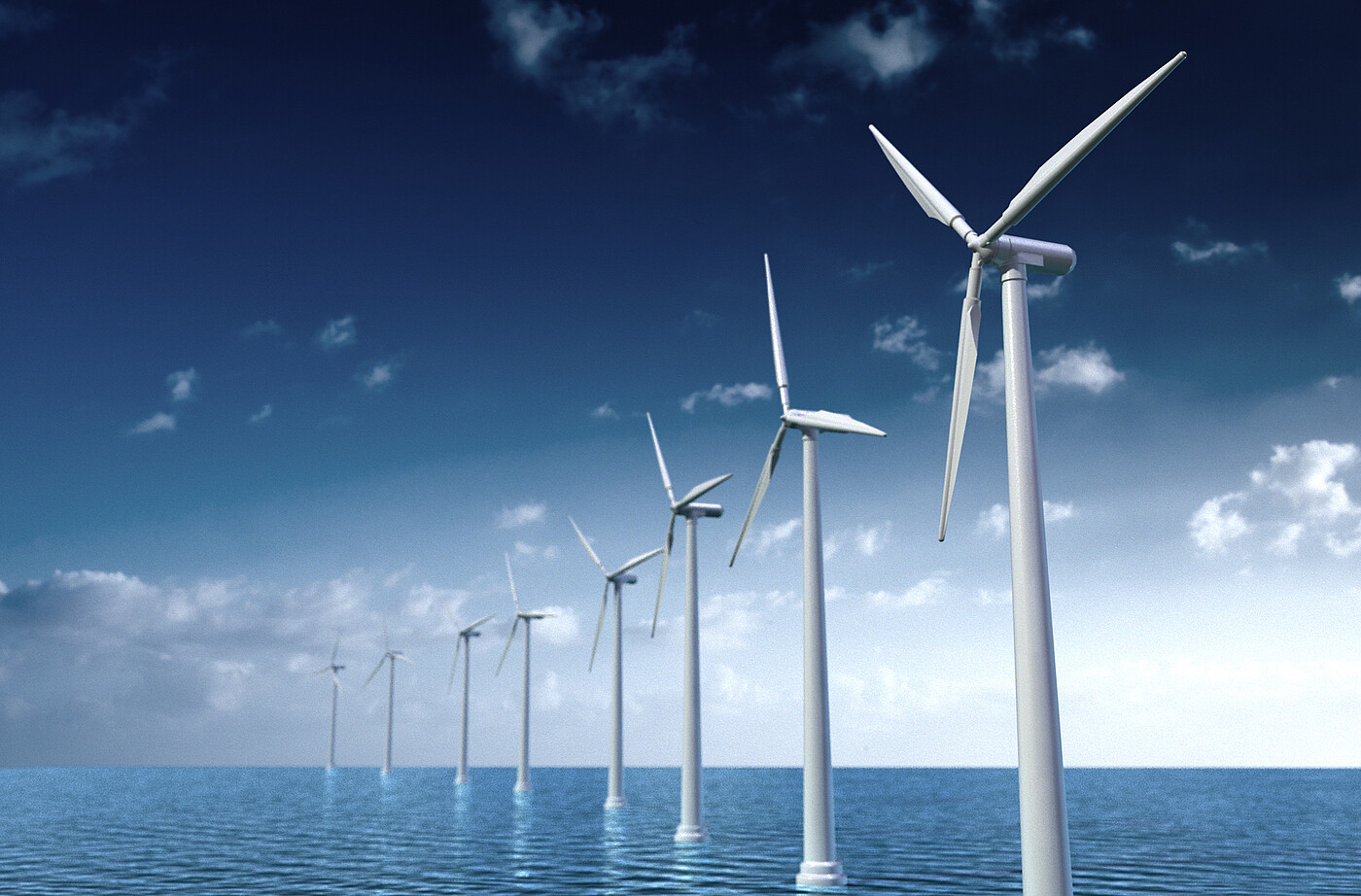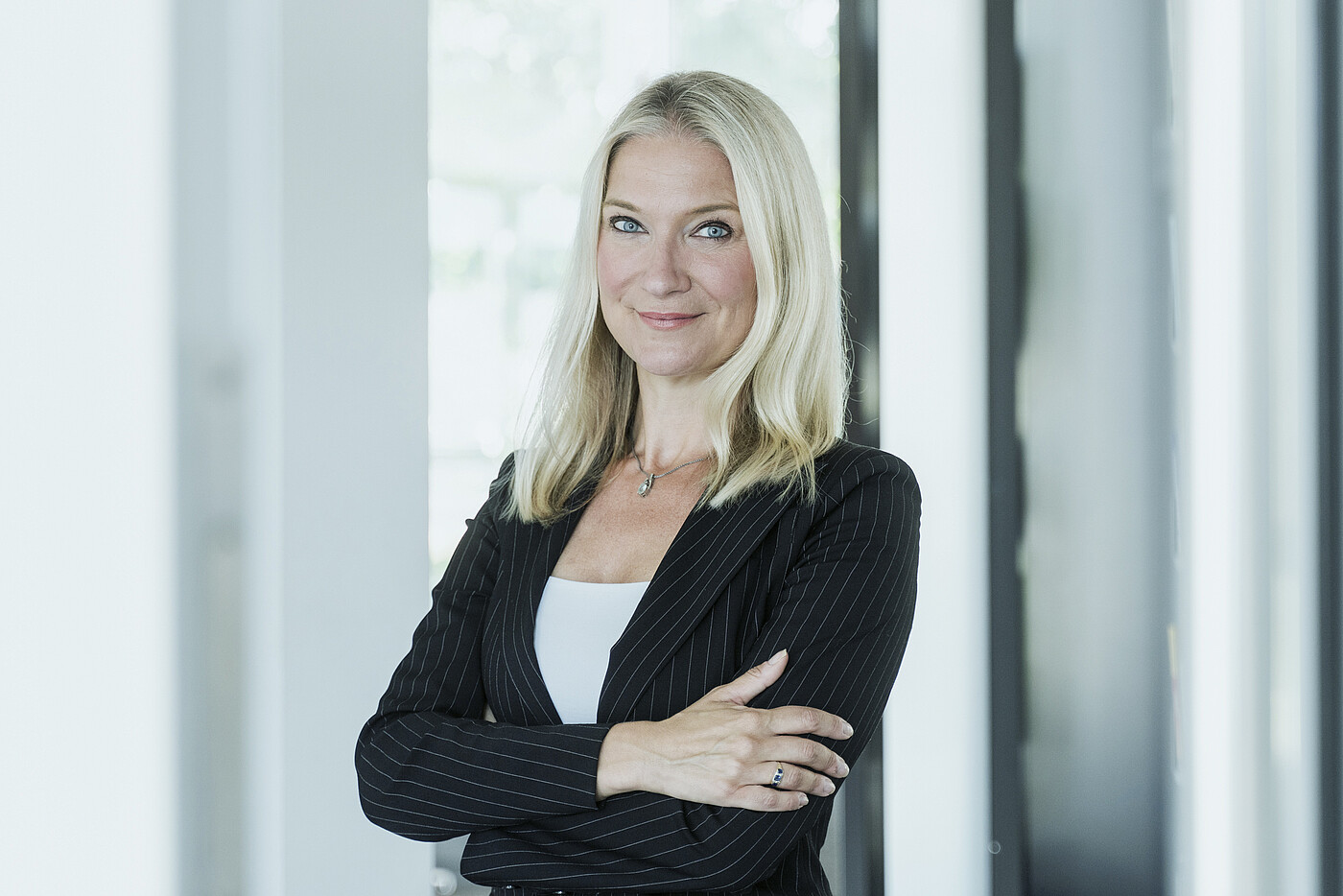Renewable energy is the key to a strong, independent Europe
Energy policy has now become security policy following President Putin’s attack on the Ukraine. Ideas for reducing Germany’s dependence on Russian gas are manifold and range from gas reserves and LNG to delaying the phase-out of coal and nuclear power. Renewable energy is the top priority in the energy policy plans.
‘Freedom energy’ is how German Federal Minister of Finance Christian Lindner refers to renewable energy. Federal Minister for Economic Affairs and Climate Action Robert Habeck has argued that phasing out fossil fuels is the only way to achieve energy independence. As he points out, the sun and wind do not belong to anyone. The consensus across party lines on this policy led to the very swift introduction of a legislative package that aims to secure a full supply of electricity from renewable energy sources as early as 2035. The pace of expansion has to more than double to achieve this, particularly in the area of wind power. The coalition agreement has already set the right course by adopting ambitious targets for electricity and heat. However, concrete measures and targets for improving the energy efficiency of existing buildings are yet to be defined. We have to take action precisely in this area given the fact that a lot of gas is used to heat buildings. According to Simon Müller from the organisation Agora Energiewende, reaching our target of generating 50 percent of heat from climate-neutral sources by 2030 will significantly reduce our structural dependence on gas.
It is clear that the expansion of climate-neutral infrastructure must be accelerated if we want to avoid being dependent on Russia’s gas and also achieve our climate goals. We need creative and pragmatic solutions that address both climate and security concerns. Most importantly, they have to keep our economy running as the engine of our prosperity by ensuring security of supply. Minister Habeck does not rule out the possibility that coal-fired power plants in Germany may have to operate for longer than planned. He admits that, in case of doubt, this safeguard is more important than protecting the climate.
Issues are becoming more complex, the political and communicative challenges more multifaceted. Yet there is no way of getting around the transition to carbon neutrality. This makes it all the more important that we have strategic communications in place for the highly complex stakeholder environment with its intense reciprocities and high expectations of transparency. Issues need to be addressed and conflicting goals identified in moderated forms of communicative exchange. They offer opportunities for reconciliation, hold up a mirror for personal reflection and showcase potential, projects and possible solutions. In turn, this generates acceptance and credibility. We call it ‘Winning Green’.
Photo: iStock.com/mario_brioschi

 LinkedIn
LinkedIn
 Twitter / X
Twitter / X

